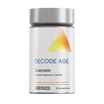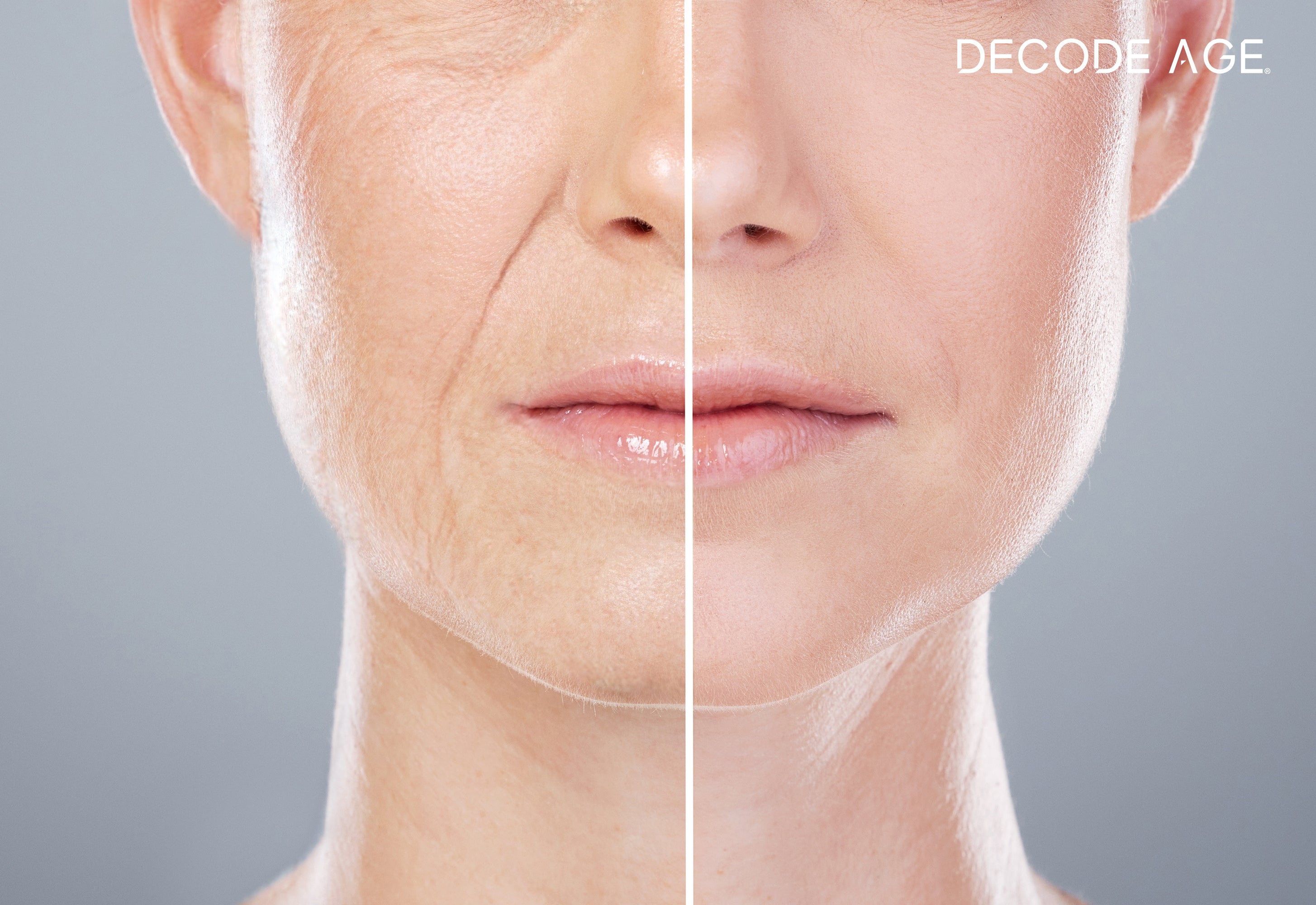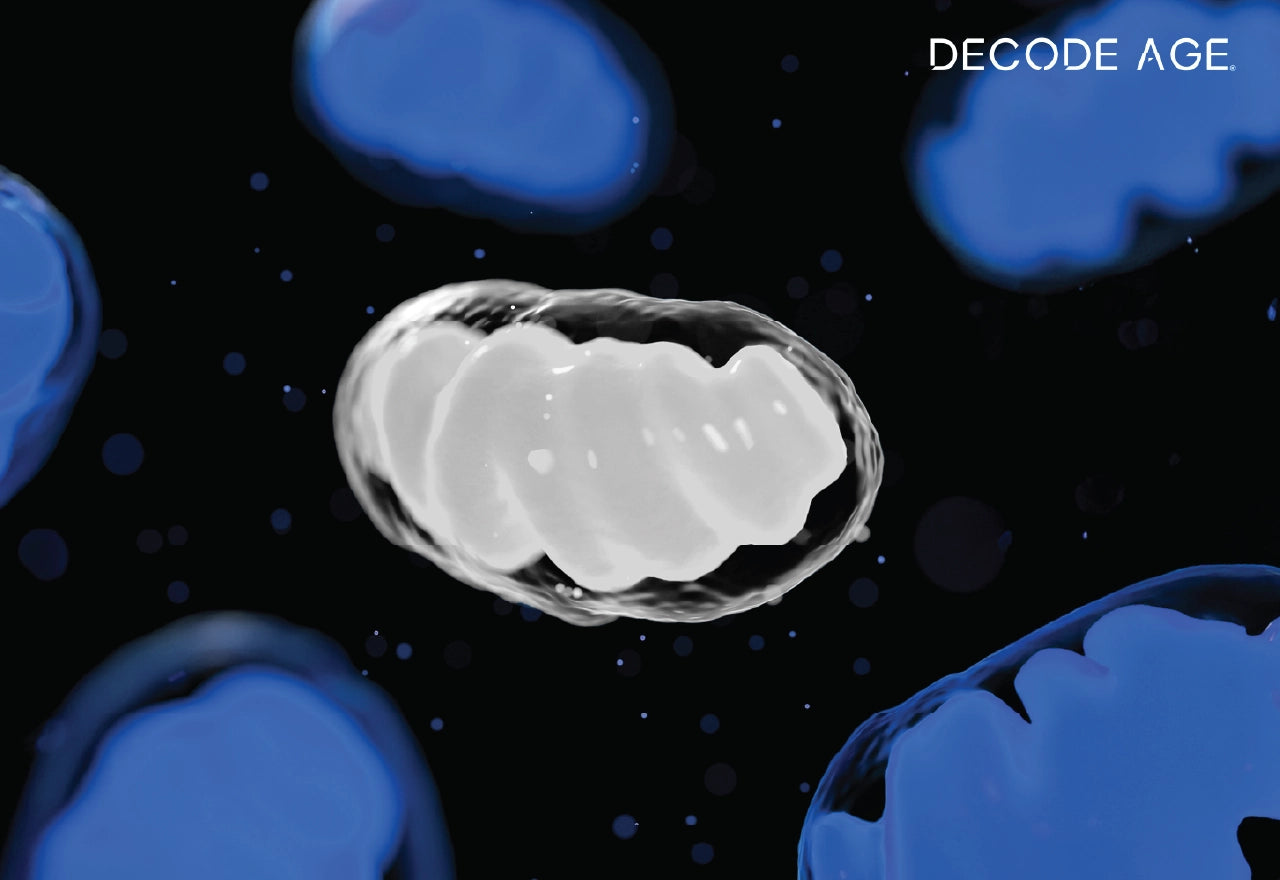Autophagy, derived from the Greek term 'self-eating,' encompasses a range of processes through which cells digest and recycle its own dysfunctional organelles, proteins, and other components. This recycling of damaged cellular components contributes to the formation of new cellular structures or serves as a source of energy. Autophagy is a natural process that takes place in animals including humans and it is induced by intermittent fasting and calorie restriction. (Madeo, Bauer, et al., 2018).
Spermidine, a natural polyamine, found in rice bran, chicken liver, green peas, mango, and chickpeas- induces autophagy. This is achieved by influencing the expression of autophagy-related genes (Atg). Let's delve into a comprehensive understanding of the autophagy process.
Role of Autophagy in Organs
Think of autophagy as a cellular cleanup crew. Let's explore how this process fine-tunes and regulates the functions of these important body parts.
Brain
Autophagy is vital for neuronal health as it facilitates the removal of misfolded proteins and damaged cellular components associated with neurodegenerative diseases such as Parkinson's and Alzheimer's. This process is crucial for neuroprotection, shielding brain cells from damage induced by ageing, toxins, and neurodegenerative diseases.Research indicates that impaired autophagy can contribute to cognitive decline, emphasising its role in maintaining overall neuronal health. (Keller et al., 2004b)
Heart
Autophagy is vital for maintaining heart muscle cell health by eliminating damaged proteins and organelles, enhancing heart function, and preventing heart disease. This process protects heart cells from stress and damage, promoting cardiovascular health. Additionally, it ensures efficient energy production and adaptation to stress (Sciarretta et al., 2018).
Liver
Autophagy, the breakdown of damaged proteins and organelles, supports detoxification and metabolic balance. This process protects liver cells from harmful accumulations, which is crucial given their constant exposure to toxins. Additionally, by recycling cellular components, autophagy supplies essential building blocks for normal metabolic functions, particularly during nutrient deprivation. Dysfunctional autophagy has been linked to liver diseases like fatty liver and fibrosis, making it a potential preventive strategy by facilitating proper cellular cleanup and stress prevention within the liver. (Rautou et al., 2010)
Muscles
To maintain optimal muscle function and strength, muscle cells utilise autophagy for the elimination of malfunctioning mitochondria. This process is integral to muscle maintenance and repair, as it plays a crucial role in keeping muscles healthy and supplying resources for repair and regeneration. Efficient autophagy ensures enhanced exercise performance and faster recovery through optimal energy production and protein turnover within muscle cells. Additionally, promoting healthy autophagy is essential for preventing muscle-wasting conditions like sarcopenia, often associated with ageing or inactivity. (Grumati et al., 2011)
Immune system
Autophagy regulates the immune response by eliminating pathogens and aiding the immune cells. This ensures an enhanced defence mechanism, allowing the body to combat infections and inflammation more effectively. Additionally, autophagy protects immune cells by eliminating damaged components, preserving their functionality and longevity. In the realm of adaptive immunity, autophagy may contribute to antigen processing and presentation, a crucial step in training the immune system to recognise and target specific pathogens. (Kuballa et al., 2012)
Ways to simulate Autophagy in the body
Autophagy can by stressing your cells and sending them into survival mode. You can simulate autophagy through.
Fasting
Initiating autophagy, fasting prompts the body to recycle cell components for energy during periods of starvation. This process aids in reducing chronic inflammation, linked to various health issues, by clearing out inflammatory cellular components. Fasting has also been associated with improved insulin sensitivity, blood sugar regulation, and lipid profiles, contributing to overall metabolic health (Bagherniya et al., 2018).
Keto Diet
The ketogenic diet, characterised by reduced carbohydrate intake, lowers insulin levels. After we eat carbohydrates, insulin levels in the blood increase and that inhibits autophagy. A ketogenic diet decreases insulin levels and contributes to the activation of autophagic processes. Also, this diet is associated with inhibiting the mTOR gene (mammalian target of rapamycin), a key regulator of cellular growth and metabolism. It is found that mTOR inhibition triggers autophagy initiation (Liśkiewicz et al., 2021c).
Exercise
Regular physical activity, especially high-intensity exercises, promotes autophagy by triggering the cell's autophagic process through exercise-induced stress. This helps the body repair itself by removing damaged components. Exercise activates AMPK, a cellular energy sensor, which inhibits the mTOR pathway, a key regulator of cellular growth and metabolism, leading to autophagy initiation (Mooren & Krüger, 2015c).
Supplementation
Spermidine, a polyamine, abundant in health-promoting foods like durian fruit, fermented soybeans, and wheat germs, induces autophagy. Research suggests its role in preventing age-associated diseases, delaying arterial ageing, mitigating colon cancer risk, and impeding neurodegenerative processes in mice through the activation of autophagy and cellular renewal. Spermidine emerges as a promising candidate for the prevention of significant age-related pathologies, emphasising its potential in health and wellness strategies (Ghosh et al., 2020d)
Conclusion
In conclusion, autophagy plays a crucial role in eliminating damaged cells and preserving overall health. Strategies like fasting and spermidine supplementation enhance its impact. Understanding autophagy reveals a potential key to longevity and preventing age-related issues, offering comprehensive approaches to optimise cellular health and well-being.
FAQs
What is autophagy?
Your body has a built-in cleanup system called autophagy. It gets rid of old or broken parts of your cells in a controlled way, using special compartments called lysosomes. This process recycles the materials, keeping your cells healthy and efficient.
What are the five stages of autophagy?
The five stages are as follows, phagophore nucleation, elongation, autophagosome formation, autophagosome-lysosome fusion, and cargo degradation. Autophagy-related genes (ATGs) play an important role in the entire pathway.
What are the signs of autophagy?
While not all the benefits of autophagy are visible, these are the common signs of Autophagy
- Ketone Boost: When our body shifts from burning glucose to fat, it produces ketones, activating autophagy.
- Fatigue: normal tiredness during autophagy as our body expends energy breaking down and rebuilding cells.
- Bad Breath: On a ketogenic diet promoting autophagy, increased ketones can cause bad breath, often described as fruity or metallic.
- Weight Loss: Autophagy aids in breaking down excess fat, contributing to weight loss.
What are the side effects and benefits of autophagy?
Autophagy, while generally good for cellular health, has both potential benefits and side effects. Benefits of autophagy include cellular detox, preventing neurodegenerative diseases by removing damaged proteins; enhanced cellular function, potentially delaying ageing; and a boosted immune system through the elimination of damaged cells. However, side effects may include initial fatigue due to resource-intensive processes, mild digestive issues like constipation or diarrhoea, and the risk of nutrient deficiencies with prolonged or excessive autophagy.
Does intermittent fasting induce autophagy?
Yes, intermittent fasting can induce autophagy. Intermittent fasting uses up the body's readily available glucose, making it switch to other energy sources like fat and ketones. This change in metabolism triggers signalling pathways that initiate autophagy.
What supplements can help with autophagy?
While intermittent fasting remains the most potent natural trigger for autophagy, certain supplements, such as spermidine, directly activate autophagy pathways. It boosts the breakdown and reuse of damaged components, potentially promoting health from the brain to the body. and resveratrol can support the process and enhance its benefits.


























1 comment
Jim
Great article. I appreciate the information you’re sharing. Both fasting and spermidine have been shown to activate autophagy, support mitochondrial function, promote longevity and cardiovascular health and possibly enhance hair and skin health.
As a 5’-9", 64 year old ectomorph (135 lb) male, I need something that doesn’t require calorie deprivation as I cannot afford to lose any weight or muscle with fasting. My main use of spermidine has been to focus on stabilizing the soft plaque that 50% of the population has. Spermidine, like autophagy, protects against ruptures from soft plaque that break loose and cause strokes and heart attacks.
But from my own experience as a 64 year old with my build, fasting seems to increase muscle breakdown (sarcopenia?), it lowers my testosterone levels and kills any training recovery and strength gains I might make trying to “keep” muscle. Therefore, a spermidine supplement is ideal for someone like me.
Leave a comment
All comments are moderated before being published.
This site is protected by hCaptcha and the hCaptcha Privacy Policy and Terms of Service apply.